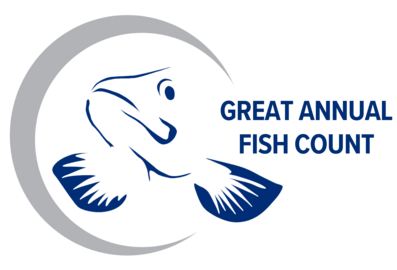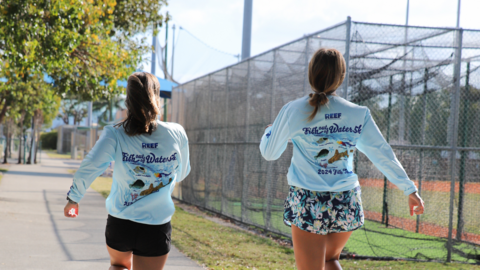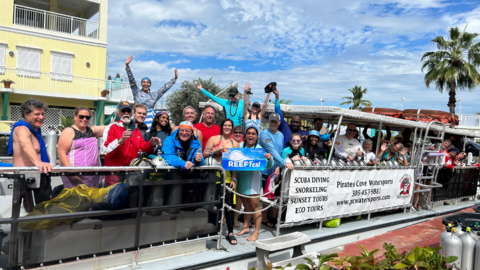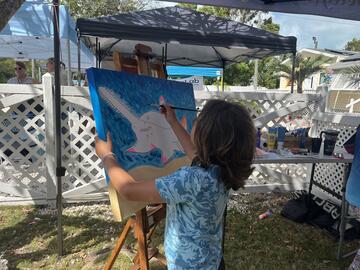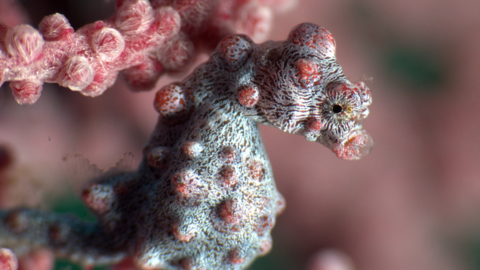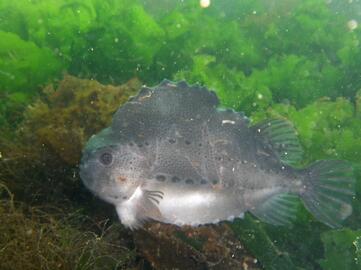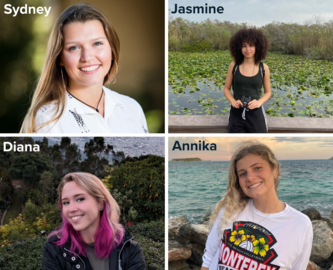Join the New England Aquarium Dive Club for the 21st Northeast Great Annual Fish Count, the largest fish survey event in North America!
Survey fish to win outstanding prizes and help collect important data for marine conservation research. Following the dives, gather for a celebration where there will be a picnic, group photo, and raffle.
There are multiple dive locations. Pre-registration is required.
Post-dive celebration: Stage Fort Park, Gloucester, MA, 11:00am - 4pm. $8 donation for lunch.

